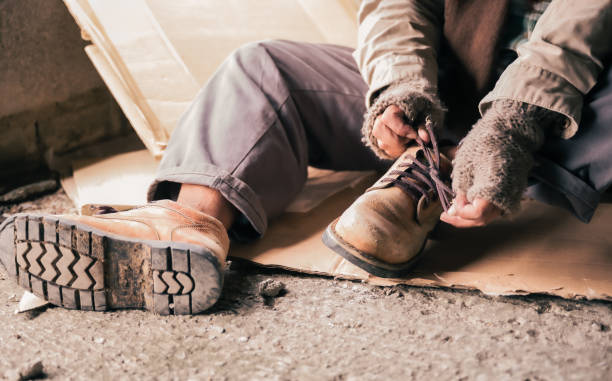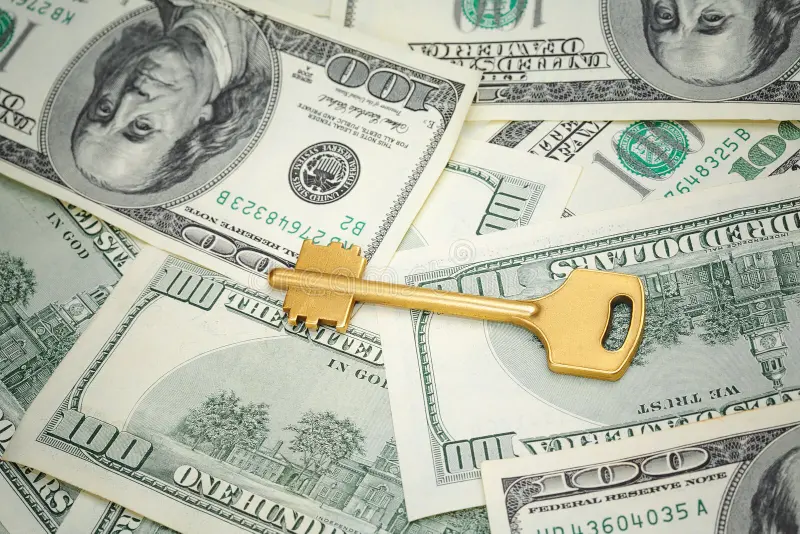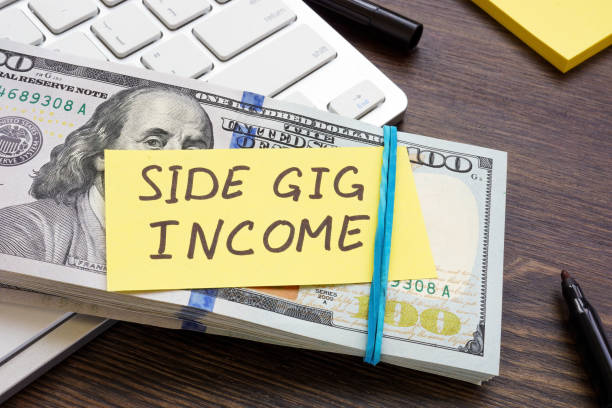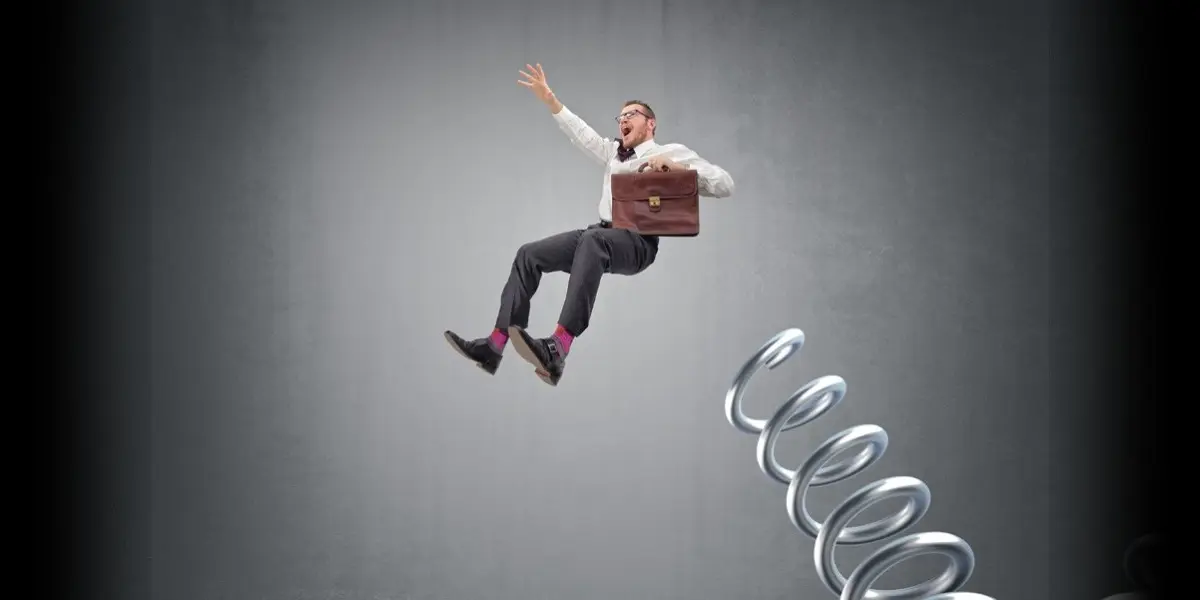If you find yourself living paycheck to paycheck, struggling with debt, or feeling isolated, it may be time to take action before things spiral. Recognizing the warning signs early can give you the chance for you to prevent it.
It is not easy to think about, but sometimes life can spiral in ways we do not anticipate. Most people believe homelessness only happens to “other” people, but the truth is that circumstances, choices, and bad luck can affect anyone. Recognizing the early warning signs can give you the chance to act before it is too late. These are some signs I have noticed, either in myself, friends, or people I’ve seen struggling, that often indicate serious financial instability.
1. You are living paycheck to paycheck with nothing saved
If all your income goes to rent, bills, and basic needs with nothing left over for emergencies, you are in a dangerous position. Life has unexpected costs, medical emergencies, car repairs, or sudden unemployment can create a gap that leaves you without options. When your finances are constantly stretched, it becomes harder to maintain stability.
2. Debt is overwhelming and unmanageable
Owing more than you can pay each month is not just stressful; it can push you toward a situation where you cannot afford housing. Ignoring calls, delaying payments, or constantly taking out more loans to cover existing debt is a red flag. Financial obligations that grow faster than your income are a clear sign that intervention is needed before things spiral.
3. You are at risk of eviction or losing your home
Missing rent, falling behind on utilities, or having informal living arrangements can quickly escalate. Even one or two months without payment can result in eviction notices and legal troubles. If you feel like your living situation is always precarious, it is a serious warning that your housing stability is at risk.
4. You do not have a support system
Isolation can make financial difficulties much worse. If you have few or no friends or family to turn to in emergencies, you are more vulnerable. People who have a safety net of help, advice, or even temporary housing have a buffer that can prevent homelessness. Without it, one crisis can cascade into losing everything.
5. You are struggling to maintain employment
Jobs are not just a source of income; they are stability. If you find it hard to keep steady work due to transportation issues, health problems, or inconsistent schedules, you may be moving closer to financial insecurity. Losing work or being unable to earn enough consistently is a major contributor to housing loss.
6. You are constantly cutting corners to make ends meet
When your life becomes a series of compromises, skipping meals, choosing between bills, or avoiding medical care, you are living on the edge. These coping strategies might help short term, but long term they often signal a decline toward instability. They can hide the reality of your situation until it is too late.
7. You have no plan for emergencies or unexpected changes
Life changes quickly, and those who are unprepared are most at risk. Not having a budget, savings, or alternative living options is a dangerous position to be in. If you feel like any sudden problem could leave you without a home, it is time to face the reality of your situation and make a plan before circumstances worsen.








Comments
No comments yet. Be the first to share your thoughts!